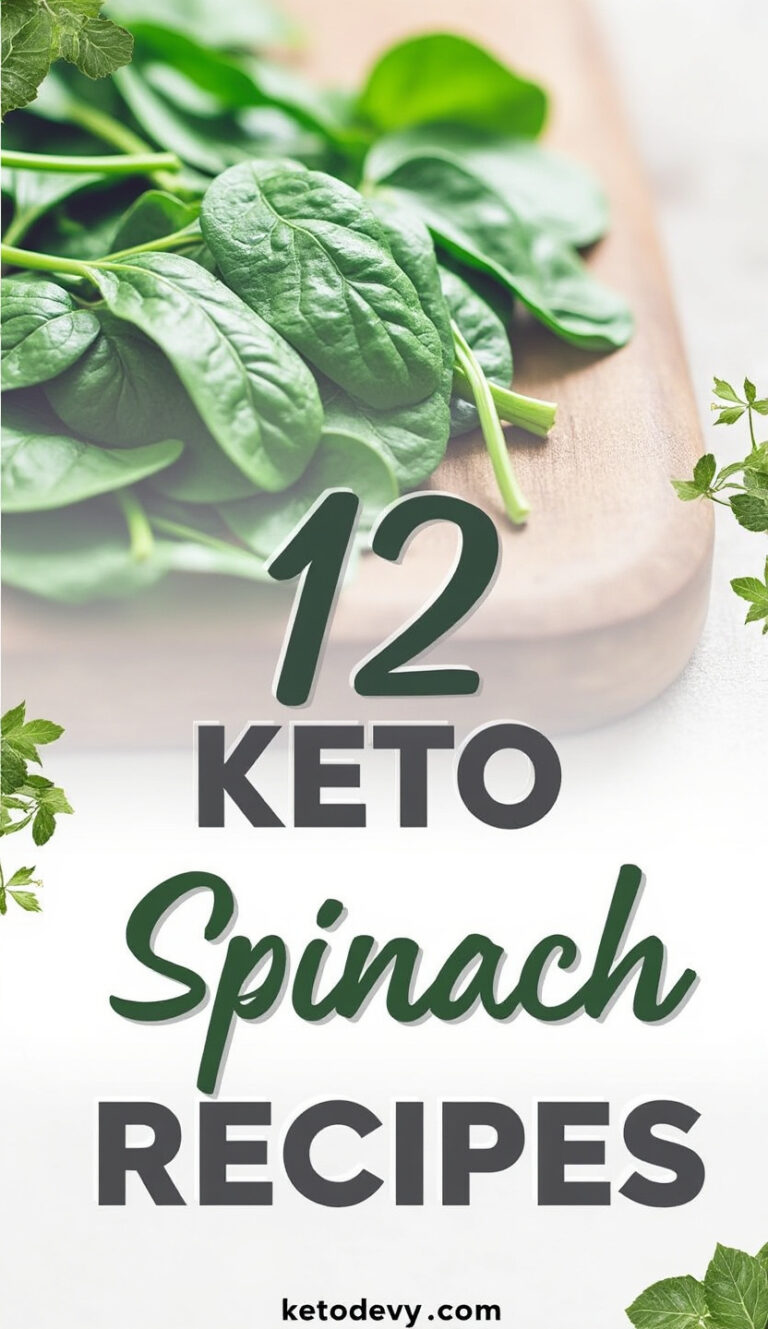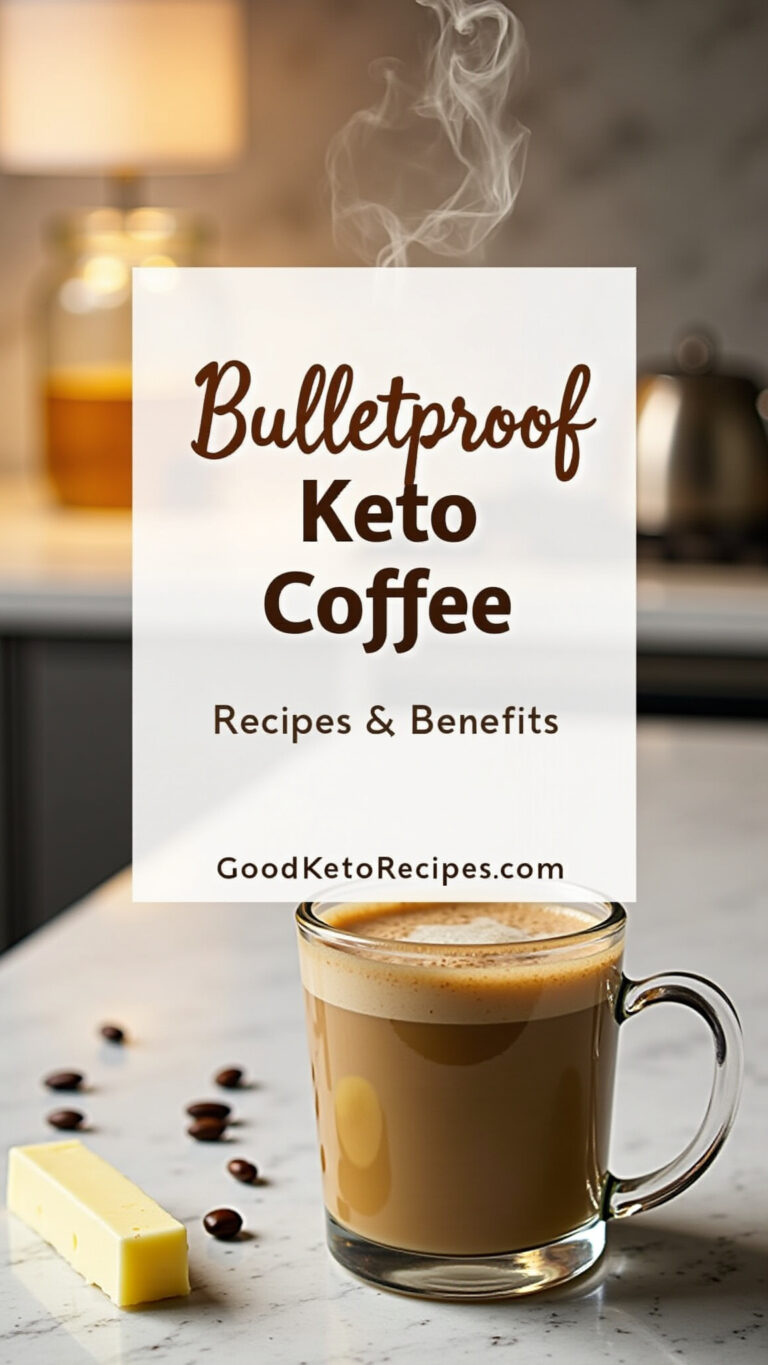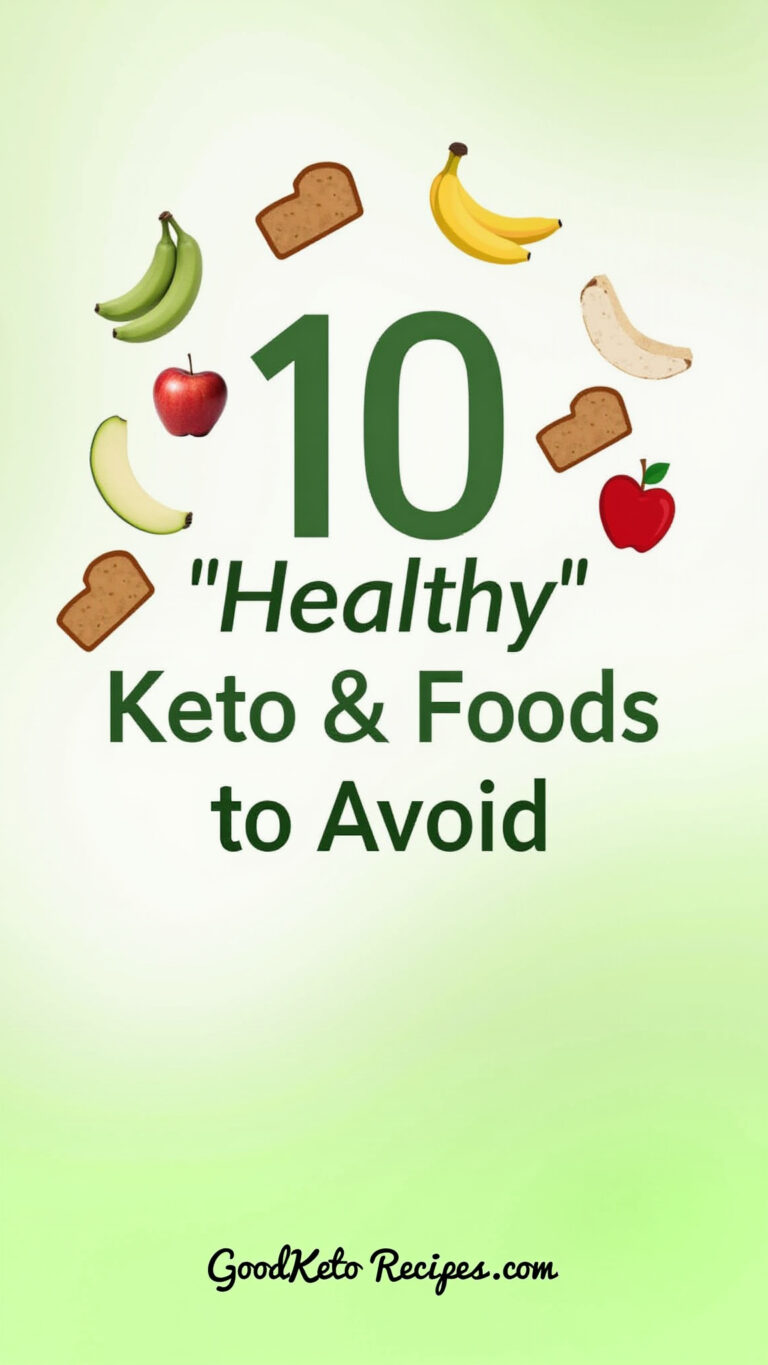Supplements for Women’s Weight Loss & Energy
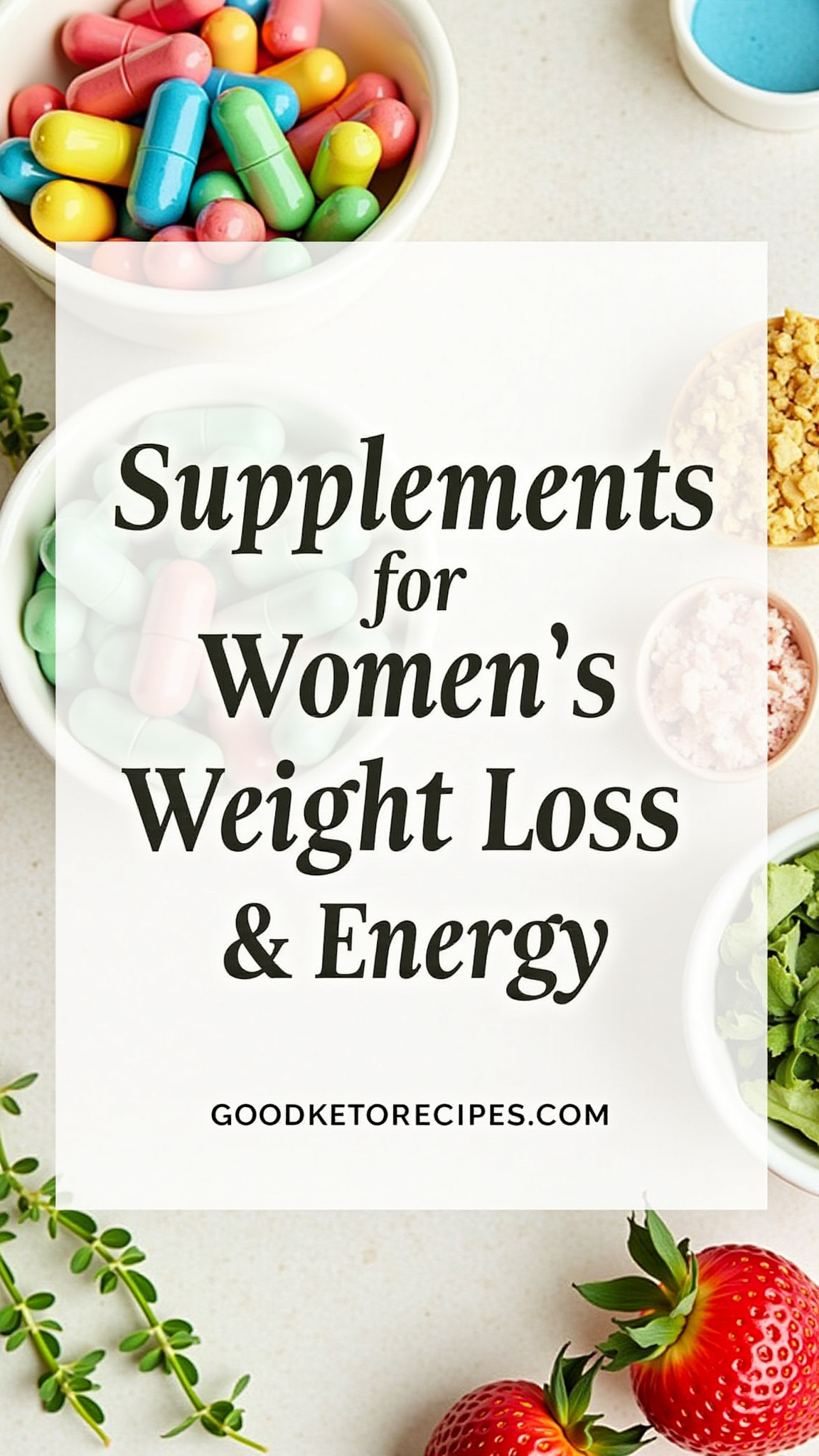
Losing weight and maintaining high energy levels can be a significant challenge for women. Juggling work, family, and personal life often leaves little time and energy for healthy eating and regular exercise. While a balanced diet and consistent workout routine are foundational, certain supplements can provide valuable support, bridging nutritional gaps and boosting your body’s natural processes. This article explores the best supplements for women seeking to optimize their weight loss efforts and enhance their energy levels.
Understanding Women’s Unique Nutritional Needs
Women’s bodies have unique physiological characteristics and hormonal fluctuations that influence their nutritional needs. Factors like menstruation, pregnancy, and menopause impact metabolism, energy levels, and nutrient requirements. Understanding these specific needs is crucial when choosing supplements for weight loss and energy.
- Iron: Women are more prone to iron deficiency due to menstruation. Low iron levels can lead to fatigue and decreased energy.
- Calcium and Vitamin D: Bone health is particularly important for women, especially as they age. Calcium and vitamin D are essential for maintaining strong bones and preventing osteoporosis.
- Folate: Crucial for women of reproductive age, folate supports healthy cell growth and development.
- Hormonal Fluctuations: Hormonal changes throughout a woman’s life can impact metabolism and energy levels, necessitating tailored nutritional support.
Top Supplements for Weight Loss
Losing weight effectively and sustainably requires a multifaceted approach. Supplements can play a supportive role by boosting metabolism, reducing appetite, and increasing fat burning. Here are some of the most effective supplements for women’s weight loss:
1. Protein Powder
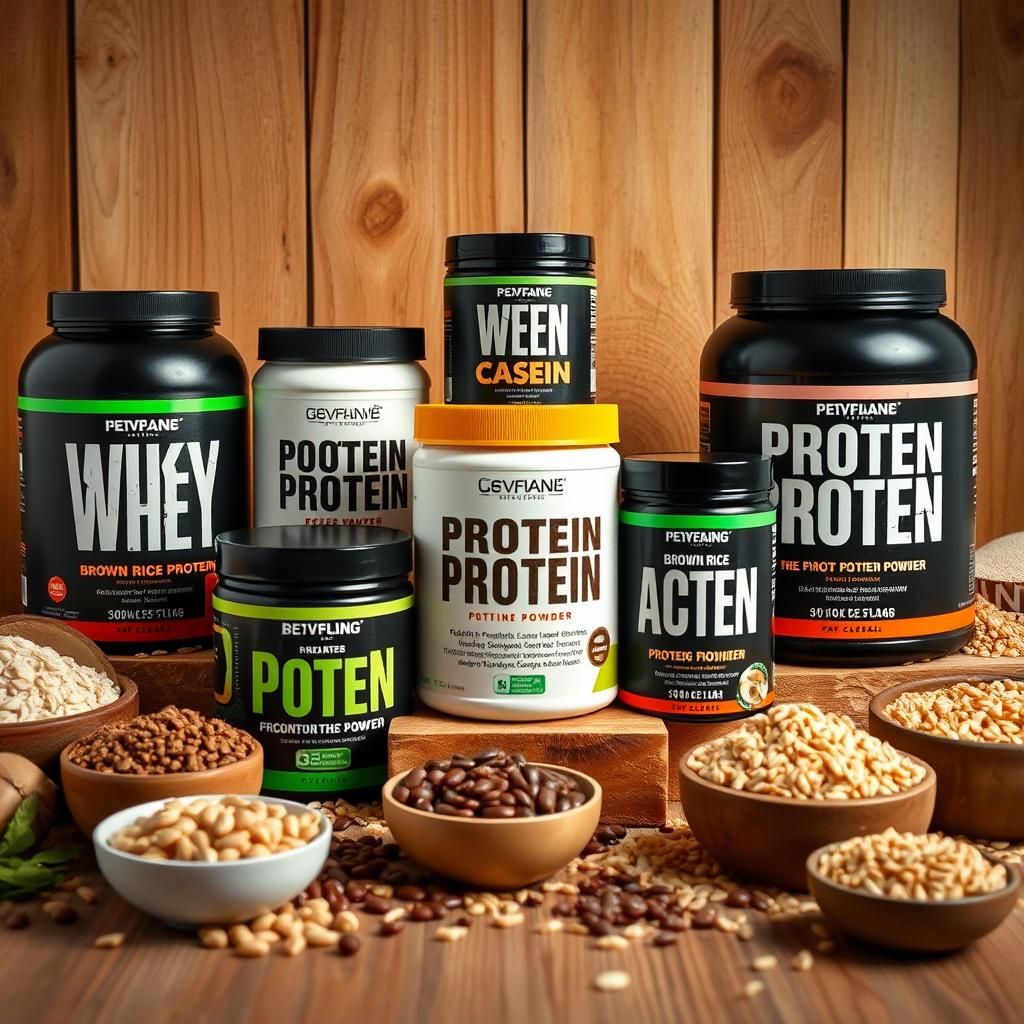
Protein is a critical macronutrient for weight management. It helps you feel fuller for longer, reducing overall calorie intake. Protein also supports muscle growth and repair, which is essential for boosting metabolism.
- How it works: Protein increases satiety hormones like GLP-1 and decreases hunger hormones like ghrelin. A higher protein intake also leads to a greater thermic effect of food (TEF), meaning your body burns more calories digesting protein compared to carbs or fats.
- Types: Whey protein, casein protein, soy protein, pea protein, and brown rice protein. Whey protein is rapidly absorbed and ideal post-workout, while casein is slower-digesting and beneficial before bed. Plant-based options like pea and brown rice protein are suitable for vegetarians and vegans.
- Dosage: Aim for 20-30 grams of protein per serving, 1-2 times daily.
- Example: A study published in the American Journal of Clinical Nutrition found that increasing protein intake to 30% of calories led to significant weight loss and improved metabolic health in women.
2. Fiber Supplements
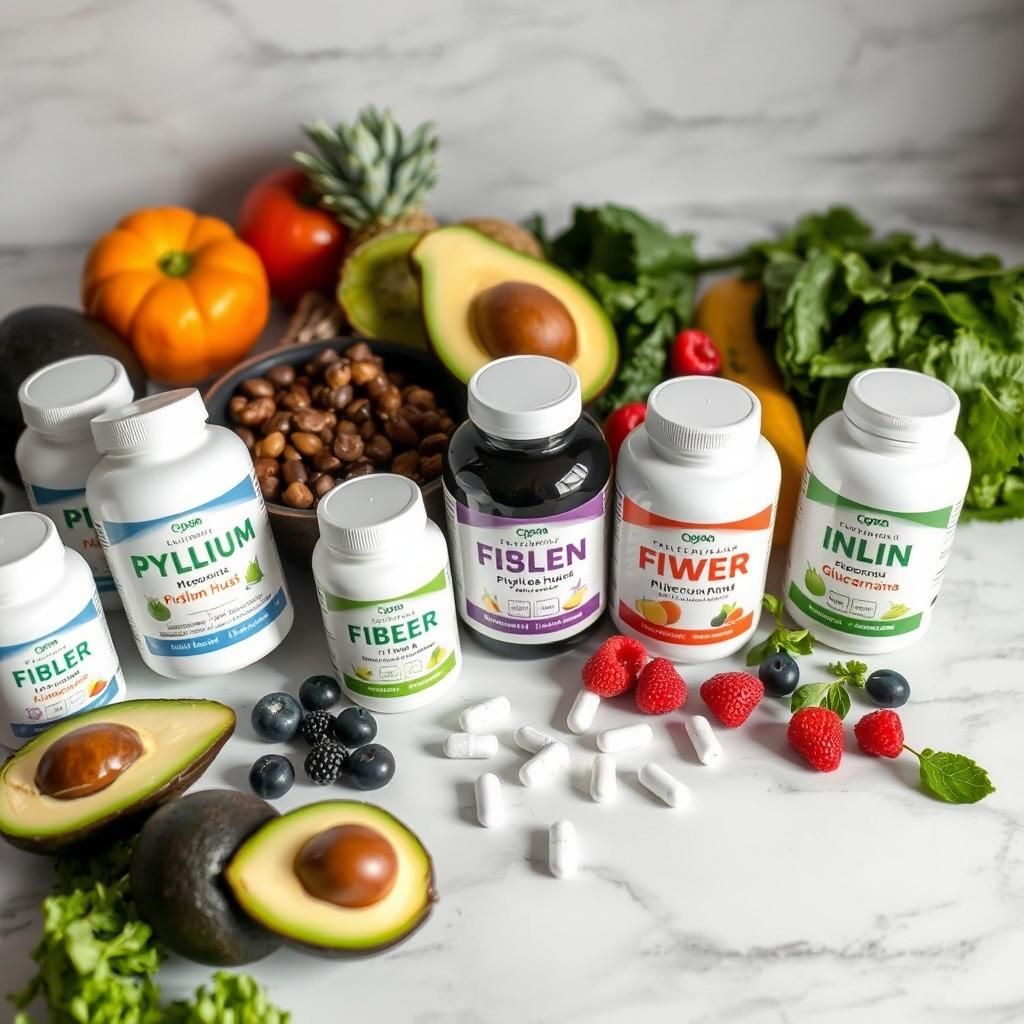
Fiber is essential for digestive health and weight management. It adds bulk to your diet, promoting satiety and regulating blood sugar levels.
- How it works: Fiber slows down digestion, preventing rapid spikes in blood sugar and insulin levels. This helps control cravings and keeps you feeling full for longer. Fiber also supports a healthy gut microbiome, which is linked to weight management.
- Types: Psyllium husk, glucomannan, methylcellulose, and inulin. Psyllium husk is a soluble fiber that absorbs water and forms a gel-like substance, promoting regularity and satiety. Glucomannan is another soluble fiber known for its appetite-suppressing effects.
- Dosage: Start with a small dose (5-10 grams) and gradually increase to 25-35 grams per day.
- Example: Research published in the Journal of Nutrition showed that increasing fiber intake was associated with reduced body weight and improved metabolic markers in overweight and obese adults.
3. Green Tea Extract
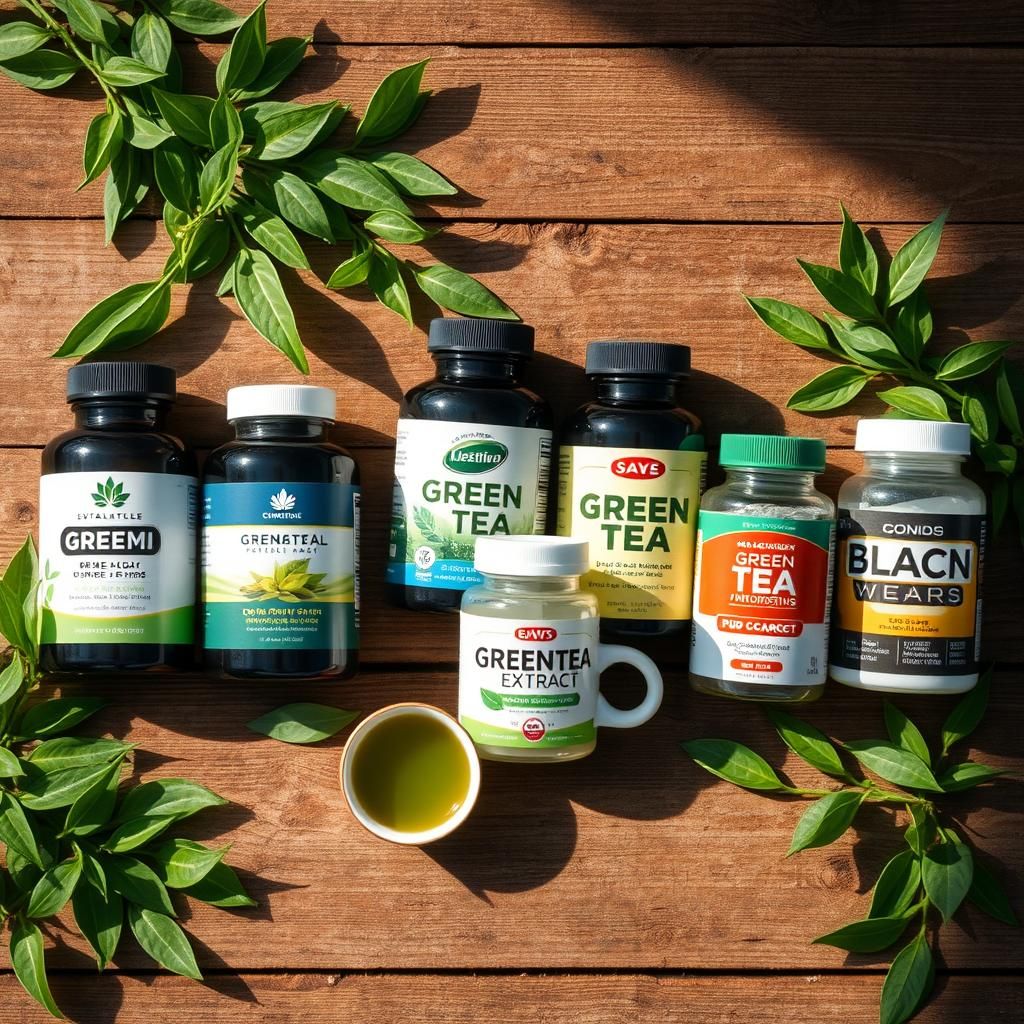
Green tea extract is a potent source of antioxidants called catechins, particularly epigallocatechin gallate (EGCG), which has been linked to weight loss and improved metabolism.
- How it works: EGCG boosts metabolism by increasing thermogenesis (heat production) and fat oxidation. It also inhibits the enzyme that breaks down norepinephrine, a hormone that promotes fat burning.
- Benefits: Increased energy expenditure, reduced body fat, and improved cardiovascular health.
- Dosage: 300-500 mg per day, divided into multiple doses.
- Example: A meta-analysis of several studies published in the International Journal of Obesity found that green tea extract supplementation resulted in a small but significant reduction in body weight and waist circumference.
4. Conjugated Linoleic Acid (CLA)
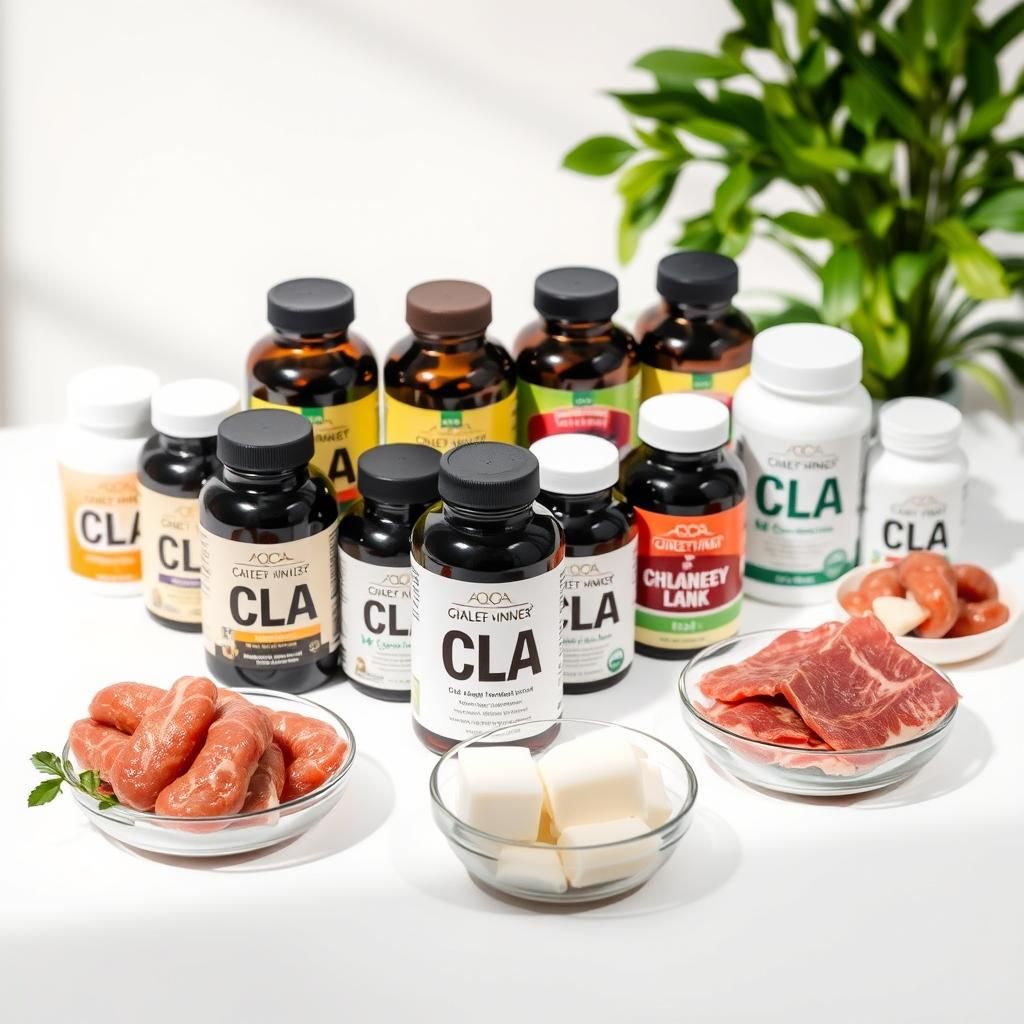
CLA is a naturally occurring fatty acid found in meat and dairy products. It has been shown to promote fat loss and improve body composition.
- How it works: CLA may reduce body fat by increasing fat breakdown (lipolysis) and inhibiting fat storage. It may also increase muscle mass, which further boosts metabolism.
- Benefits: Reduced body fat, increased lean muscle mass, and improved insulin sensitivity.
- Dosage: 3.2-6.4 grams per day.
- Example: A study published in the American Journal of Clinical Nutrition found that CLA supplementation resulted in a modest reduction in body fat mass in overweight and obese individuals.
5. Garcinia Cambogia
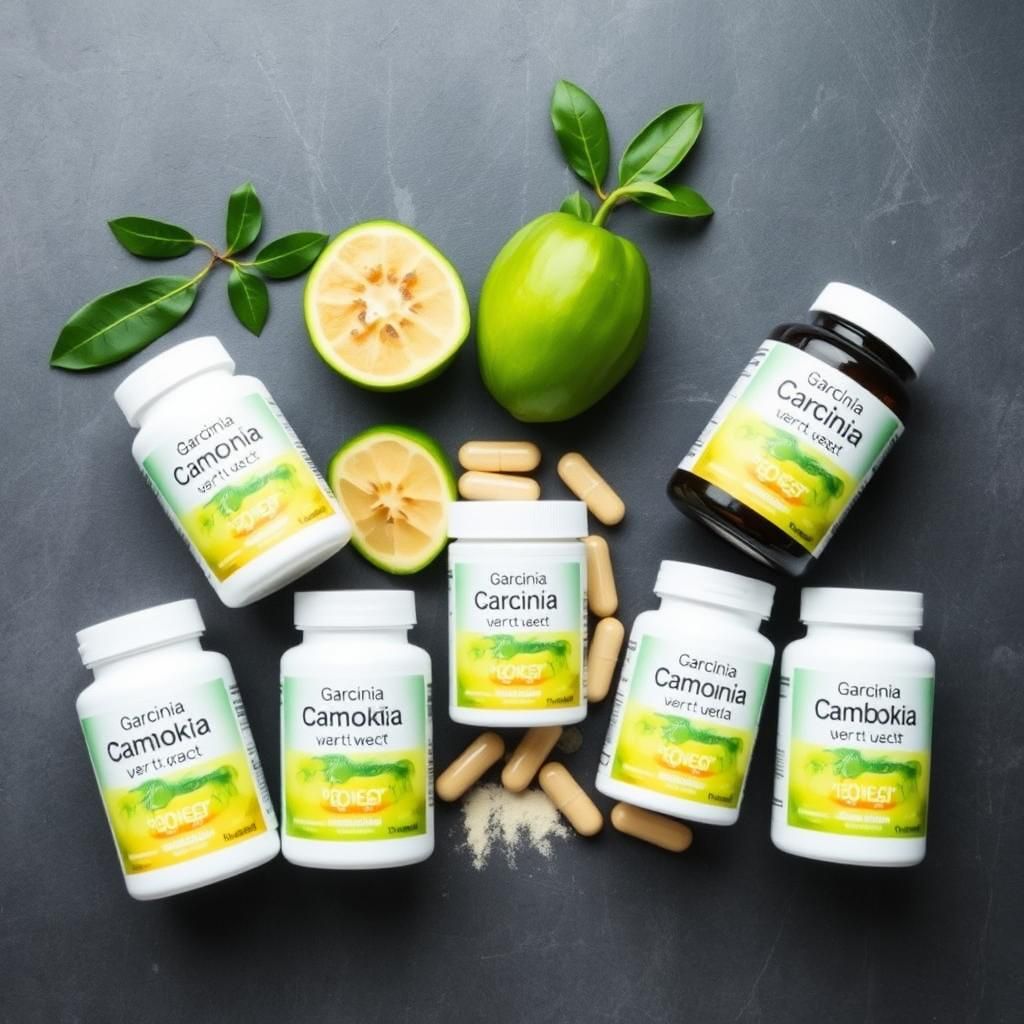
Garcinia cambogia is a tropical fruit extract that contains hydroxycitric acid (HCA), which has been marketed as a weight loss aid.
- How it works: HCA is believed to inhibit an enzyme called citrate lyase, which is involved in the production of fat. It may also increase serotonin levels, which could help suppress appetite.
- Benefits: Potential appetite suppression and reduced fat production.
- Dosage: 500-1000 mg of HCA, 30-60 minutes before meals.
- Note: The effectiveness of Garcinia Cambogia is debated, and some studies have shown mixed results. It’s important to consult with a healthcare professional before using this supplement. Look for products standardized to contain at least 50% HCA.
6. Probiotics
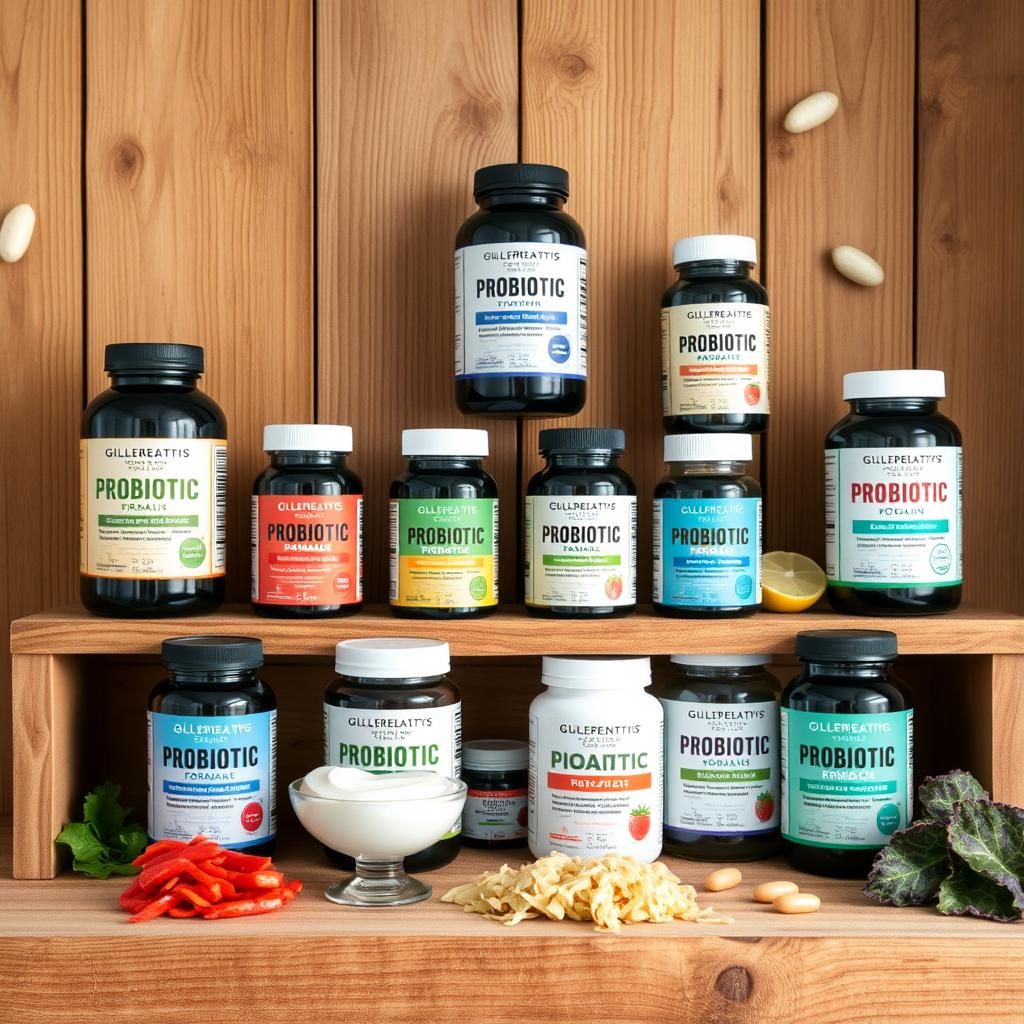
Probiotics are live microorganisms that promote a healthy gut microbiome. An imbalance in gut bacteria has been linked to weight gain and obesity.
- How it works: Probiotics can influence weight management by improving digestion, reducing inflammation, and modulating energy metabolism. Certain strains of probiotics may promote the growth of beneficial bacteria that support weight loss.
- Benefits: Improved digestion, reduced bloating, and potential weight loss benefits.
- Dosage: Varies depending on the specific strain and product. Look for products containing multiple strains and a high CFU (colony-forming units) count (at least 1 billion CFU).
- Example: Research suggests that certain strains of Lactobacillus and Bifidobacterium may be particularly effective for weight loss.
7. Chromium Picolinate
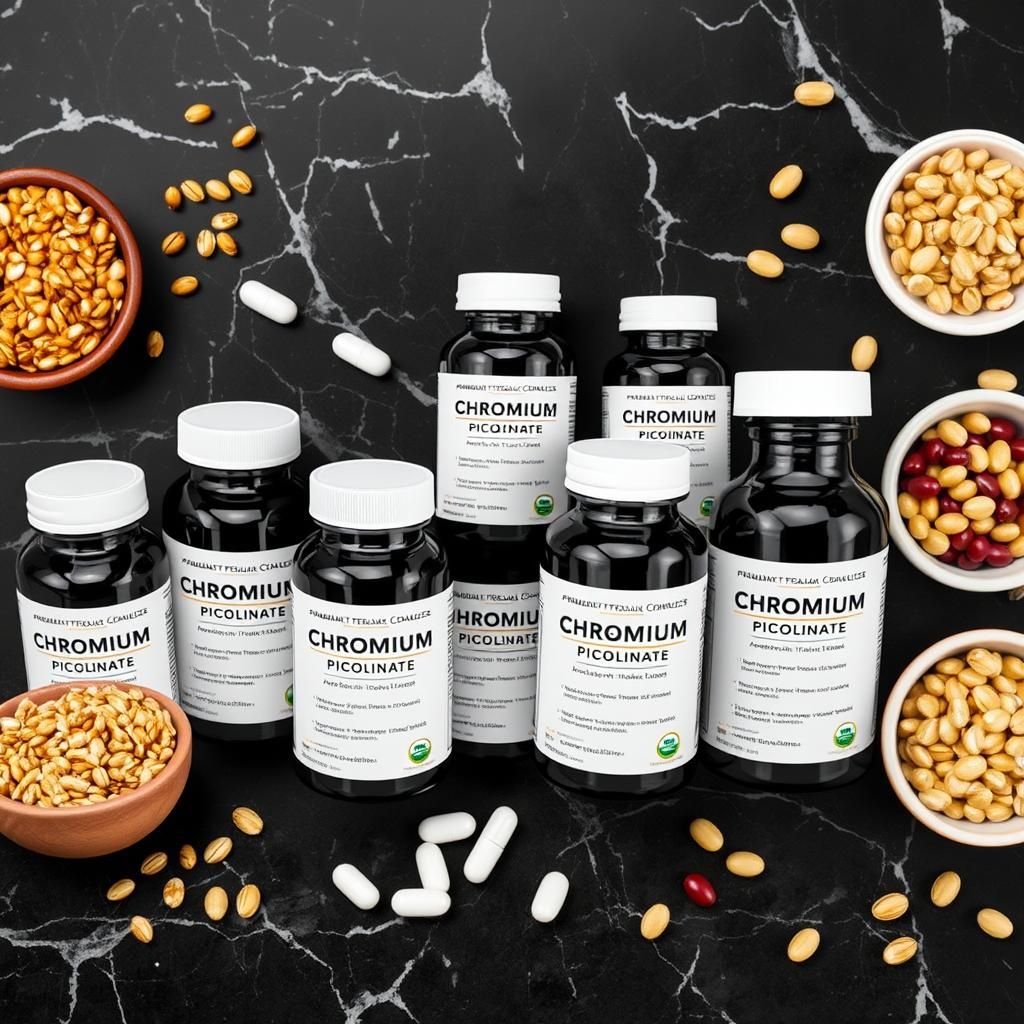
Chromium is an essential mineral that plays a role in insulin sensitivity and blood sugar regulation. Chromium picolinate is a well-absorbed form of chromium that may help reduce cravings and improve weight loss.
- How it works: Chromium enhances the effects of insulin, helping to stabilize blood sugar levels and reduce cravings for sugary and carbohydrate-rich foods.
- Benefits: Reduced cravings, improved insulin sensitivity, and potential weight loss benefits.
- Dosage: 200-1000 mcg per day.
- Example: Some studies have shown that chromium picolinate supplementation may help reduce food intake and promote weight loss in individuals with insulin resistance.
Top Supplements for Energy
Feeling tired and sluggish can derail your weight loss efforts and impact your overall quality of life. These supplements can help boost energy levels and combat fatigue:
1. B-Complex Vitamins
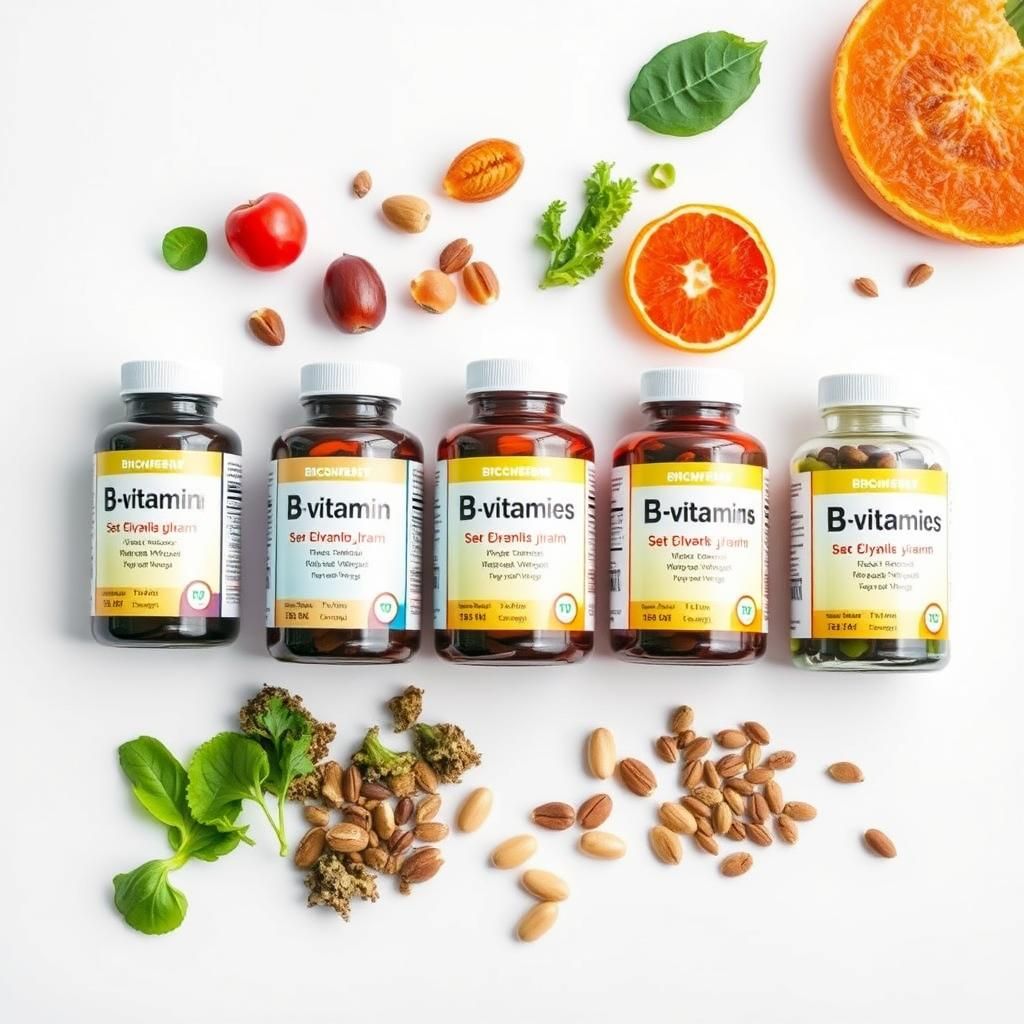
B vitamins are essential for energy production. They play a crucial role in converting food into energy and supporting nerve function.
- How it works: Each B vitamin has a specific role in energy metabolism. For example, vitamin B12 is essential for red blood cell formation, which carries oxygen throughout the body. Vitamin B6 helps convert food into glucose, which the body uses for energy.
- Benefits: Increased energy levels, improved mood, and reduced fatigue.
- Dosage: Follow the recommended daily allowance (RDA) for each B vitamin. A B-complex supplement typically provides a balanced dose of all essential B vitamins.
- Example: A deficiency in any B vitamin can lead to fatigue, weakness, and other symptoms that can impact energy levels.
2. Iron
Iron deficiency is a common cause of fatigue in women, particularly those who experience heavy menstrual bleeding.
- How it works: Iron is a component of hemoglobin, the protein in red blood cells that carries oxygen throughout the body. Low iron levels can lead to anemia, resulting in fatigue and weakness.
- Benefits: Increased energy levels, improved cognitive function, and reduced fatigue.
- Dosage: The RDA for iron is 18 mg per day for women aged 19-50. Women with iron deficiency anemia may require higher doses, as prescribed by a healthcare professional.
- Note: Iron supplements can cause constipation. Consider taking iron with vitamin C to enhance absorption and prevent constipation.
3. Magnesium
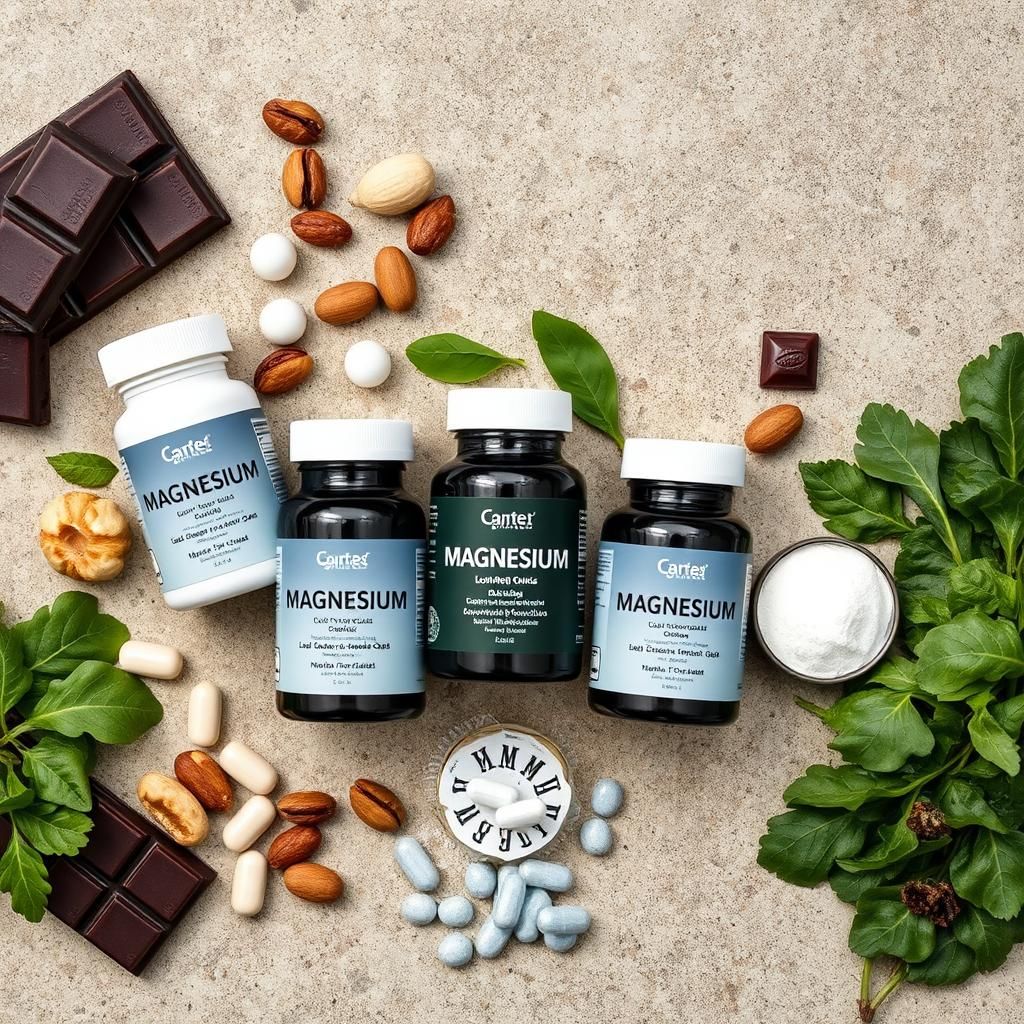
Magnesium is an essential mineral involved in over 300 enzymatic reactions in the body, including energy production, muscle function, and nerve function.
- How it works: Magnesium helps convert food into energy and supports the function of mitochondria, the powerhouses of cells.
- Benefits: Increased energy levels, reduced muscle cramps, and improved sleep quality.
- Dosage: The RDA for magnesium is 310-320 mg per day for women aged 19-50.
- Example: Magnesium deficiency is common and can contribute to fatigue, muscle weakness, and other symptoms.
4. Coenzyme Q10 (CoQ10)
CoQ10 is a naturally occurring antioxidant that plays a vital role in energy production within the mitochondria.
- How it works: CoQ10 helps convert food into energy and protects cells from damage caused by free radicals.
- Benefits: Increased energy levels, improved cardiovascular health, and antioxidant protection.
- Dosage: 100-200 mg per day.
- Example: CoQ10 supplementation may be particularly beneficial for individuals with conditions that impair mitochondrial function, such as chronic fatigue syndrome.
5. Rhodiola Rosea
Rhodiola rosea is an adaptogenic herb that helps the body adapt to stress and improve energy levels.
- How it works: Rhodiola rosea modulates the stress response by influencing the levels of cortisol and other stress hormones. It may also improve mental performance and reduce fatigue.
- Benefits: Increased energy levels, reduced stress, and improved mental performance.
- Dosage: 200-600 mg per day.
- Example: Studies have shown that Rhodiola rosea supplementation can reduce fatigue and improve mental performance during periods of stress.
6. L-Carnitine
L-carnitine is an amino acid that plays a role in transporting fatty acids into the mitochondria, where they are burned for energy.
- How it works: L-carnitine helps the body utilize fat for fuel, which can improve energy levels and promote fat loss.
- Benefits: Increased energy levels, improved fat burning, and enhanced exercise performance.
- Dosage: 500-2000 mg per day.
- Example: Research suggests that L-carnitine supplementation may improve exercise performance and reduce muscle damage.
7. Vitamin D
Vitamin D is crucial for overall health, playing a role in bone health, immune function, and energy levels. Many women are deficient in Vitamin D.
- How it works: Vitamin D helps the body absorb calcium, which is essential for bone health. It also plays a role in immune function and energy production.
- Benefits: Improved bone health, enhanced immune function, and increased energy levels.
- Dosage: The RDA for vitamin D is 600 IU (international units) per day for adults. Many experts recommend higher doses, particularly for individuals with low vitamin D levels.
- Example: Vitamin D deficiency is common and can contribute to fatigue, bone pain, and other symptoms.
Important Considerations
- Consult with a Healthcare Professional: Before starting any new supplement regimen, consult with your doctor or a registered dietitian. They can assess your individual needs and determine if specific supplements are appropriate for you.
- Quality Matters: Choose high-quality supplements from reputable brands that have been third-party tested for purity and potency. Look for certifications like NSF International, USP, or ConsumerLab.com.
- Realistic Expectations: Supplements are not a magic bullet for weight loss or energy enhancement. They should be used in conjunction with a healthy diet, regular exercise, and other lifestyle modifications.
- Potential Side Effects: Be aware of potential side effects associated with each supplement. Start with a low dose and gradually increase as tolerated.
- Drug Interactions: Some supplements can interact with medications. Inform your healthcare provider about all supplements you are taking.
- Sustainability: Focus on long-term, sustainable lifestyle changes rather than relying solely on supplements.
Sample Supplement Plan
Morning:
- Protein Powder (20-30 grams) in a smoothie or mixed with water
- B-Complex Vitamin
- Vitamin D (if deficient)
Mid-day:
- Fiber Supplement (5-10 grams, gradually increasing to 25-35 grams per day)
- Green Tea Extract (300-500 mg)
Evening:
- Magnesium
- Probiotic
Pre-Workout (Optional):
- L-Carnitine (500-1000mg)
This is a sample plan and may not be suitable for everyone. Consult with a healthcare professional to determine the best supplement regimen for your individual needs.
Want to Kickstart Your Weight Loss Journey?
Discover personalized plans and resources to help you achieve your health goals!
Supplements can be a valuable tool for women seeking to lose weight and boost energy levels, but they should be used strategically and in conjunction with a healthy lifestyle. Understanding your unique nutritional needs and choosing high-quality supplements can help you achieve your goals safely and effectively. Remember to consult with a healthcare professional before starting any new supplement regimen to ensure it is appropriate for you. By prioritizing a balanced diet, regular exercise, and smart supplementation, you can optimize your weight loss efforts, enhance your energy levels, and improve your overall well-being.
Affiliate Link Disclosure: Some of the links in this post are affiliate links. This means that if you click on the link and make a purchase, I may receive a small commission at no extra cost to you. I only recommend products or services that I personally use and believe will be valuable to my readers.

